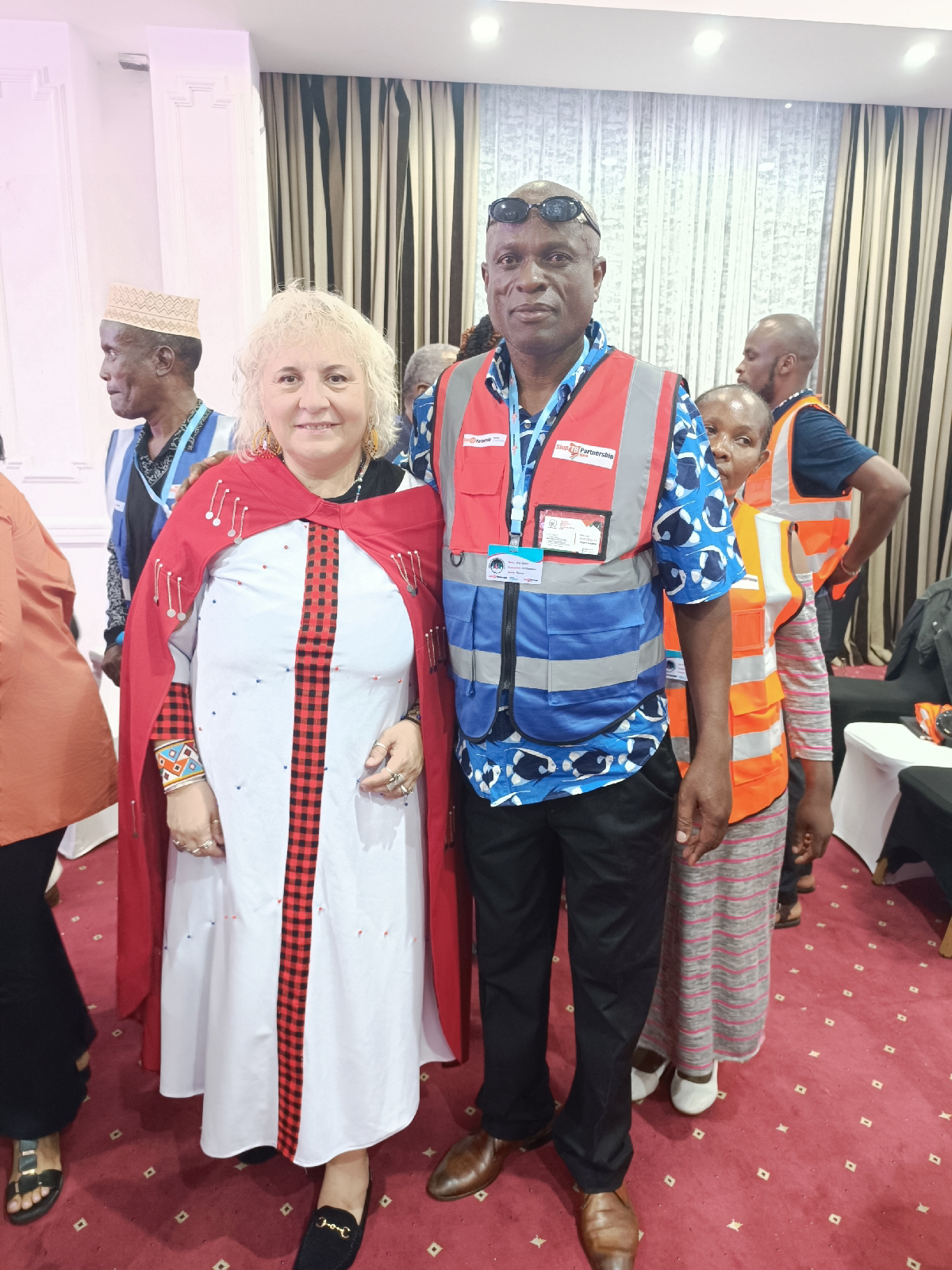It’s funny how some diseases seem to get the express lane, isn’t it? COVID-19 rolled in, and before we could even finish stocking up on hand sanitizer, there was a vaccine. Ebola? Blink, and there’s a solution. Yet HIV, a virus that’s been ravaging communities for over four decades, still has no cure. It lingers, tantalizingly just out of reach, like a carrot dangling on a stick. Why is it that in a world of cutting-edge science, we’ve made breakthroughs for so many diseases, but the endgame for HIV remains elusive?
Maybe it’s because HIV has become the “golden goose” of the pharmaceutical industry—a steady stream of revenue too lucrative to disrupt. The global HIV antiretroviral (ARV) market is projected to reach nearly $30 billion by 2027, with pharmaceutical companies raking in billions every year from lifelong treatment. As long as people remain dependent on ARVs for survival, the cash keeps flowing. The question is, why cure something when you can treat it for life? Is this really about health, or is it about wealth?
HIV isn’t just a health issue anymore; it’s a massive industry. Big Pharma has every incentive to keep the status quo: continued investment in ARV treatments, newer drugs to "manage" the virus, and constant innovation—just enough to hold off the demand for a cure. Intellectual property laws and drug patents play a major role in this, as they allow pharmaceutical companies to maintain monopolies on life-saving treatments, keeping prices high and competition low.
The focus on treatment over a cure is particularly devastating for the Global South, where the brunt of the HIV epidemic is felt. In sub-Saharan Africa, there are an estimated 25.6 million people living with HIV, accounting for nearly 70% of all people globally affected by the virus. Countries in this region are forced to dedicate a substantial part of their health budgets to HIV treatment and care. According to UNAIDS, in some of the hardest-hit countries, 20-40% of healthcare expenditure is funneled into HIV programs. This comes at a tremendous opportunity cost.
Imagine what could be accomplished if these billions of dollars didn’t have to be poured into maintaining the status quo of HIV treatment. The resources currently spent on keeping millions of people on lifelong ARVs could be redirected to other critical areas—education, infrastructure, sanitation, and clean water initiatives (WASH), to name a few.
For instance, about 663 million people worldwide lack access to clean drinking water, many of whom are in the Global South. HIV funding diverts valuable resources that could help build resilient water systems and infrastructure in these underserved regions. Similarly, a significant portion of healthcare funding in these countries could be used to bolster education systems, build schools, and improve learning conditions. In countries like Kenya, where HIV prevalence hovers at 4.3%, a substantial percentage of national resources are locked into the long-term management of HIV, limiting the ability to invest in sectors that could spur national development and help break the cycle of poverty.
Complicating matters even further, the global fight against HIV has become a battleground for governments, donors, and pharmaceutical giants. Leadership within governments and international organizations often jockey for tenders to secure lucrative contracts for ARVs, diagnostic kits, and treatment programs. In many cases, these tenders are not awarded based on public health priorities but on personal gain, corruption, or political alliances.
The pandemic of HIV has created a network of dependencies—governments in the Global South reliant on donor funding, global organizations funneling billions into programs that support lifetime treatment, and Big Pharma profiting from the perpetual need for ARVs. All the while, people living with HIV are left wondering if the leaders who claim to fight for their health are really fighting for tenders and contracts, using HIV as a tool for profit.
The narrative is kept alive by a global propaganda machine that lauds the fight against HIV without critically examining why, after over 40 years, a cure remains just out of reach. We celebrate awareness campaigns and incremental progress but fail to ask the hard questions: Why is curing HIV not the priority? Why do intellectual property laws continue to block innovations that could potentially lead to a cure? Why are governments so invested in treatment tenders instead of long-term solutions?
The need for a cure is not just a health imperative—it’s an economic and developmental one. Imagine the transformative power of redirecting the billions currently spent on HIV management towards the development goals that are desperately needed in the Global South. A cure for HIV would free up vast amounts of resources that could be reallocated to WASH (Water, Sanitation, and Hygiene) activities, infrastructure development, educational programs, and health systems strengthening.
Take education, for example. In regions heavily affected by HIV, where public health funding is disproportionately allocated to fighting the virus, educational systems are underfunded and underserved. A cure would mean fewer young people losing parents to AIDS-related illnesses, fewer children dropping out of school to care for sick relatives, and more government funds available to improve schools, hire teachers, and provide the materials students need to succeed.
Or take infrastructure. Many countries in sub-Saharan Africa desperately need roads, clean water systems, and electrification projects. Yet, with healthcare budgets burdened by HIV, there is little room for investment in these critical areas. If HIV were cured, the resources saved could spur national development, lifting millions out of poverty and creating a ripple effect of improvement across health, education, and economic sectors.
We, the people living with HIV, just want to know: is this about health or wealth? The pharmaceutical industry, the governments that support them, and the global health institutions that enable them must make a choice. They must decide whether the pursuit of profit will continue to take precedence over the lives and well-being of millions of people.
The time for endless treatment without a cure must end. HIV has held back development in the Global South for too long. The billions of dollars spent annually on managing this virus could be better spent building schools, improving infrastructure, providing clean water, and lifting nations out of poverty. Curing HIV isn’t just a medical necessity; it’s a moral and economic imperative.
Let’s stop treating HIV as a commodity and start treating it for what it is—a virus that should have been eradicated long ago. The answer to whether we prioritize health or wealth is long overdue.














